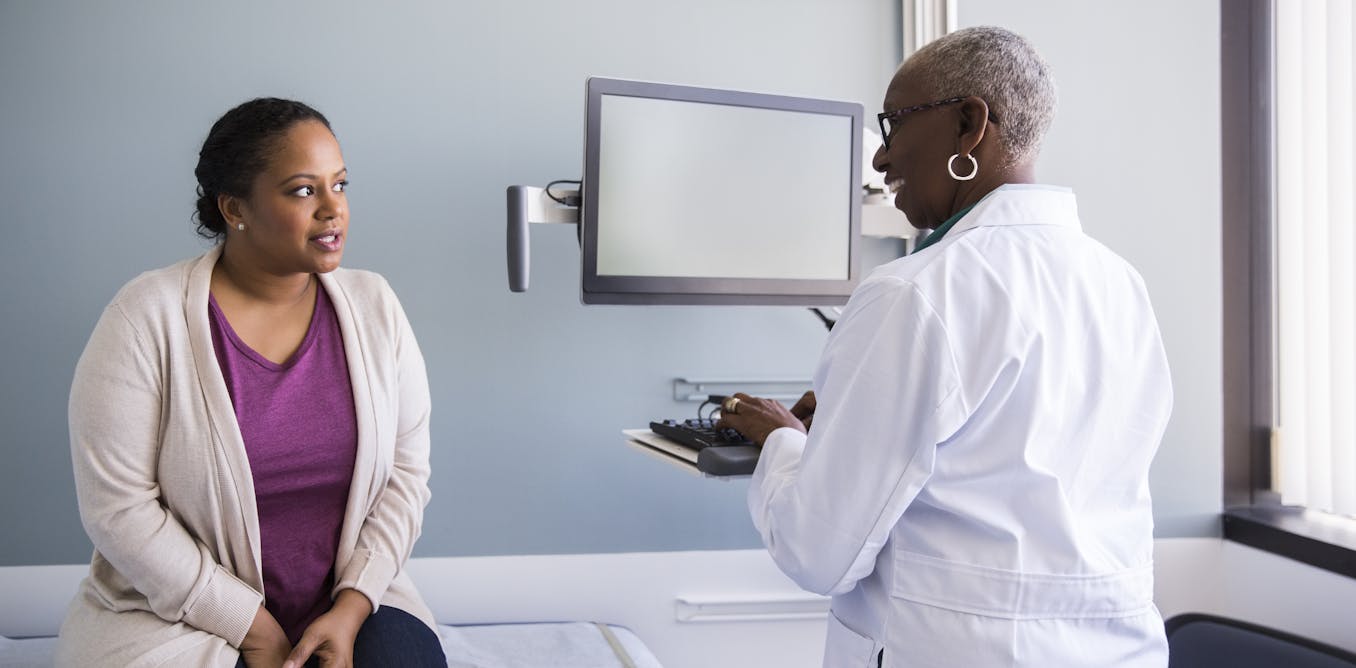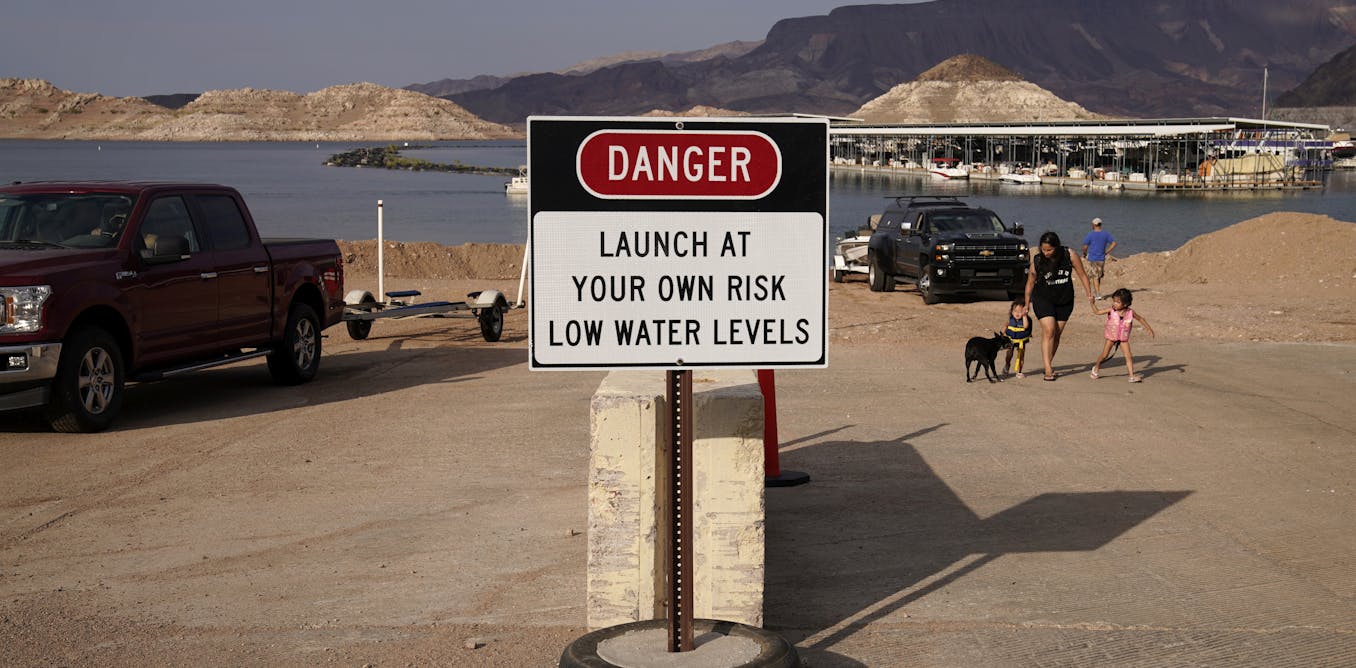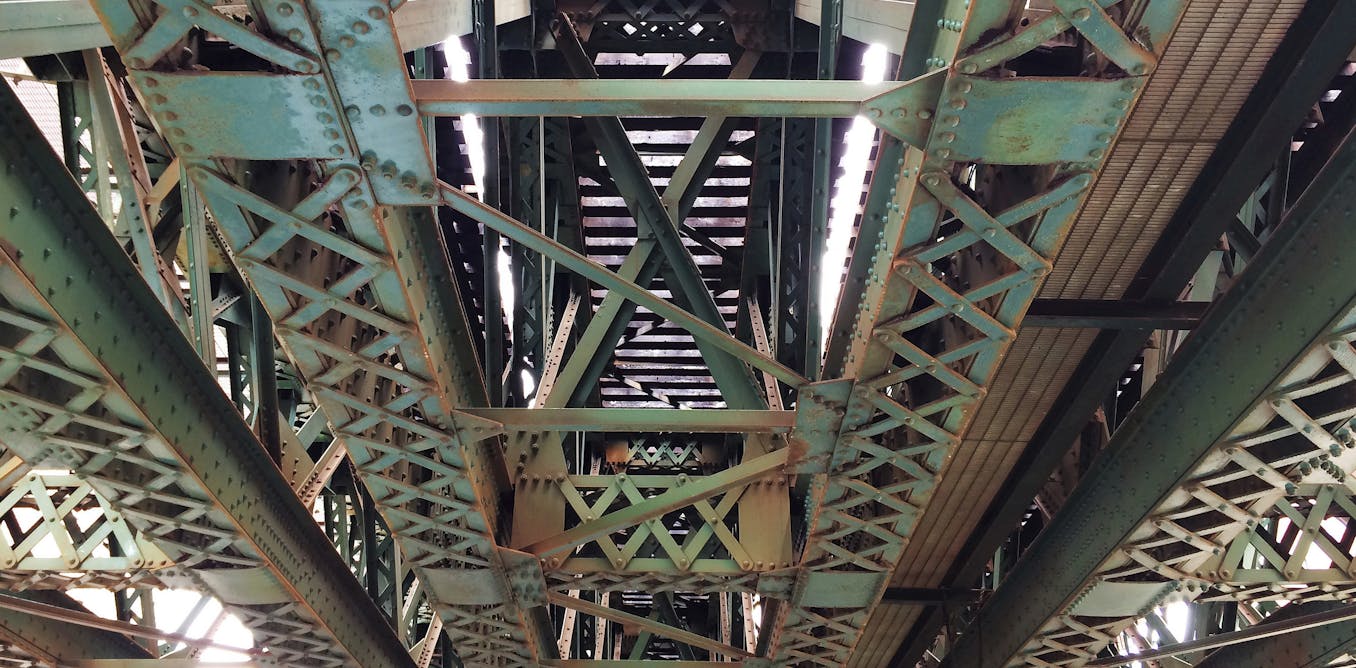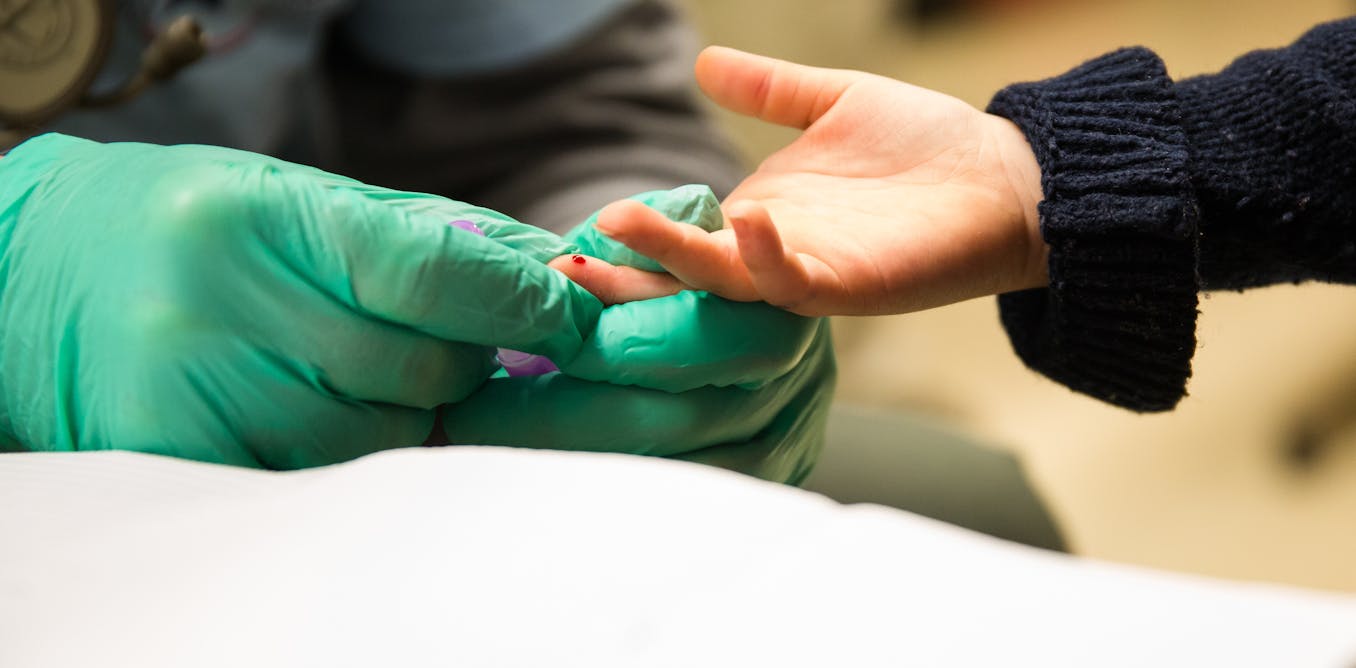Why addressing racism against Black women in health care is key to ending the US HIV epidemic
Black American women have disproportionate HIV infection rates – in part because of systemic and structural racism in the health care system.
Dec. 6, 2021 • ~11 min










